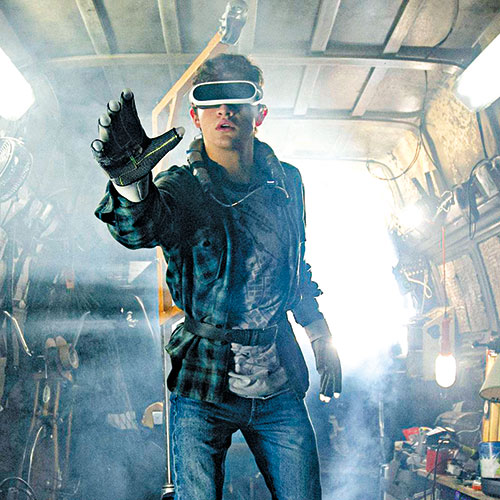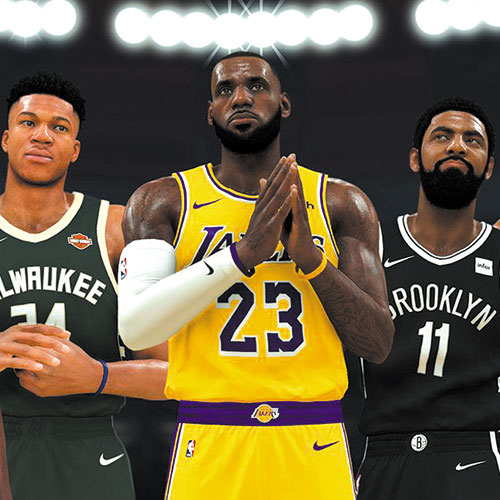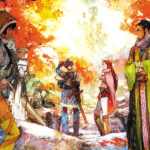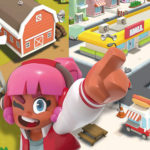Paige FTW: ‘Ready Player One’ Review: I Don’t Like This Game

A common consensus among film critics was that Ready Player One, Steven Spielberg’s adaptation of Ernest Cline’s bestselling novel, was a film for gamers — a movie built with the distinct sensibilities of a video game, designed to appeal to those who love video games.
If this is true, then we should all be insulted.
Ready Player One certainly follows the structure of a game: Collect three keys to unlock the treasure (and save the world) with the help of your ragtag group of allies and an assortment of nifty gadgets. Racing, puzzle-solving and big fight scenes ensue.
However, one gets the impression that the film was put together by people who haven’t played a video game since, well, the time of Asteroid and Adventure and all the other ’80s 16-bit titles the film loves so much.
The rules of the Oasis are never quite laid out (all that is ever made clear is that players can dabble in various archetypical game worlds, but dying anywhere immediately causes you to lose all your money and items), nor is the real-world situation ever quite explained beyond a sense of overwhelming poverty and surveillance.
More alarmingly, there’s no attachment to any of the characters. There’s no emotional heft. Who cares about why Parzival is here (and who actually found his speech inspiring)? Who cares that Halliday was too scared to pursue love? Who cares that Art3mis’s father is dead? Things just happen, and you just don’t care.
The ironic, and perhaps must frustrating thing, is that after the film’s two-hour extravaganza tribute to pop culture and its power to move people, its conclusion is that people need less pop culture and more reality — when this reality objectively sucks for everyone aside from the newly wealthy Wade Watts.
Here’s a tip: Skip the film and just play a real game instead.











